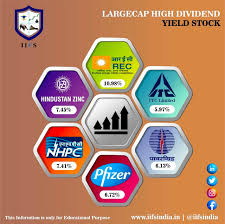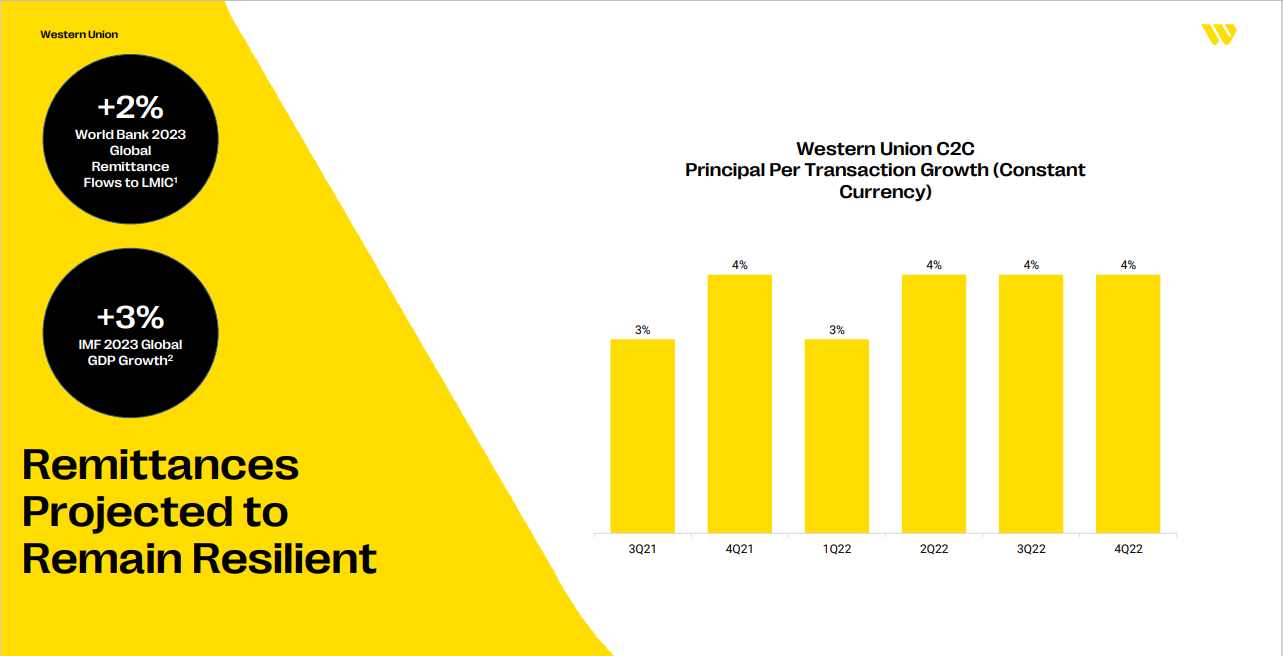
If you are looking to maximize your investment returns, it is worth investing in top defensive stocks. Investing in defensive stock can help protect your portfolio from market risk. Even though some companies can seem dull or not very interesting, they are still valuable investments. These stocks are in a unique position to weather any market downturn. Fundamental analysis is a great way to identify and profit from the best defensive stock options. Here are some.
CVS
CVS is a strong pharmacy and retail retailer. It recently acquired Aetna, a major health insurance company. Aetna and CVS have worked together to help it make $2.3B in quarterly profits. GM was also affected by the 2008 U.S. bailout. However, it has enjoyed tremendous success. The company has managed to pay out a steady dividend in recent years and has continued to reduce its debt level.

General Dynamic
General Dynamics is a solid investment option if you are looking for a reliable bet. General Dynamics has a long track record of shareholder value creation and capital returns. The company's current war in Ukraine represents a major tailwind. However, at current levels, General Dynamics stocks have limited total-return prospects. However, strong tailwinds from the war are creating favorable conditions for defense and aerospace contractors. This may limit their upside in the near term.
Unilever
When it comes to defensive stock picking, the British multinational company has been one of the most reliable choices. Despite the fact that GlaxoSmithKline's recent unsuccessful bid has indicated a lack of organic growth prospects for the company, it is unlikely the stock will continue to fall in the short term. Investors haven't paid much attention to the stock in the past. The stock's price has rebounded due to this news. Unilever is a large multinational in the defensive sector with a P/E ratio of only 15.6, and a dividend yield of 4.06%.
Pfizer
Your portfolio's stability can be maintained by a dividend. COVID-19 sales will eventually drop, but they don't appear to be an irreversible source or profit. Branded drug companies have a history of experiencing rapid declines in the sales of their main products. In the end, their market shares and patent rights are lost. But in the long run, the company's product pipeline is what determines its long-term stability.

Walmart
When you're looking to invest in the best defensive stocks, you should definitely consider Walmart. This blue chip mega-cap has a strong underlying business structure. Even though shares have only increased 0.39% over the past year, they are still among the best. The company is growing rapidly, and recently launched a subscription program similar to Amazon Prime. Despite its low stock price, the stock has seen growth in revenues, earnings, and margins over recent years.
FAQ
How are securities traded
The stock market lets investors purchase shares of companies for cash. Shares are issued by companies to raise capital and sold to investors. Investors then sell these shares back to the company when they decide to profit from owning the company's assets.
The price at which stocks trade on the open market is determined by supply and demand. The price rises if there is less demand than buyers. If there are more buyers than seller, the prices fall.
There are two methods to trade stocks.
-
Directly from the company
-
Through a broker
What is a bond?
A bond agreement is an agreement between two or more parties in which money is exchanged for goods and/or services. It is also known as a contract.
A bond is typically written on paper, signed by both parties. This document details the date, amount owed, interest rates, and other pertinent information.
A bond is used to cover risks, such as when a business goes bust or someone makes a mistake.
Bonds are often combined with other types, such as mortgages. This means the borrower must repay the loan as well as any interest.
Bonds can also be used to raise funds for large projects such as building roads, bridges and hospitals.
A bond becomes due when it matures. This means that the bond owner gets the principal amount plus any interest.
Lenders can lose their money if they fail to pay back a bond.
How are shares prices determined?
Investors set the share price because they want to earn a return on their investment. They want to make a profit from the company. So they buy shares at a certain price. The investor will make more profit if shares go up. If the share price falls, then the investor loses money.
Investors are motivated to make as much as possible. They invest in companies to achieve this goal. It allows them to make a lot.
Can bonds be traded
The answer is yes, they are! You can trade bonds on exchanges like shares. They have been for many years now.
The difference between them is the fact that you cannot buy a bonds directly from the issuer. They must be purchased through a broker.
It is much easier to buy bonds because there are no intermediaries. This also means that if you want to sell a bond, you must find someone willing to buy it from you.
There are many types of bonds. Different bonds pay different interest rates.
Some pay quarterly interest, while others pay annual interest. These differences make it easy for bonds to be compared.
Bonds can be very useful for investing your money. If you put PS10,000 into a savings account, you'd earn 0.75% per year. This amount would yield 12.5% annually if it were invested in a 10-year bond.
If all of these investments were accumulated into a portfolio then the total return over ten year would be higher with the bond investment.
What is the distinction between marketable and not-marketable securities
Non-marketable securities are less liquid, have lower trading volumes and incur higher transaction costs. Marketable securities, on the other hand, are traded on exchanges and therefore have greater liquidity and trading volume. Because they trade 24/7, they offer better price discovery and liquidity. However, there are many exceptions to this rule. For example, some mutual funds are only open to institutional investors and therefore do not trade on public markets.
Marketable securities are less risky than those that are not marketable. They usually have lower yields and require larger initial capital deposits. Marketable securities are typically safer and easier to handle than nonmarketable ones.
For example, a bond issued by a large corporation has a much higher chance of repaying than a bond issued by a small business. Because the former has a stronger balance sheet than the latter, the chances of the latter being repaid are higher.
Because they can make higher portfolio returns, investment companies prefer to hold marketable securities.
What is security in the stock market?
Security is an asset that produces income for its owner. Most common security type is shares in companies.
There are many types of securities that a company can issue, such as common stocks, preferred stocks and bonds.
The earnings per shares (EPS) or dividends paid by a company affect the value of a stock.
You own a part of the company when you purchase a share. This gives you a claim on future profits. You will receive money from the business if it pays dividends.
You can always sell your shares.
What is the purpose of the Securities and Exchange Commission
SEC regulates the securities exchanges and broker-dealers as well as investment companies involved in the distribution securities. It also enforces federal securities law.
Statistics
- Even if you find talent for trading stocks, allocating more than 10% of your portfolio to an individual stock can expose your savings to too much volatility. (nerdwallet.com)
- "If all of your money's in one stock, you could potentially lose 50% of it overnight," Moore says. (nerdwallet.com)
- Ratchet down that 10% if you don't yet have a healthy emergency fund and 10% to 15% of your income funneled into a retirement savings account. (nerdwallet.com)
- Our focus on Main Street investors reflects the fact that American households own $38 trillion worth of equities, more than 59 percent of the U.S. equity market either directly or indirectly through mutual funds, retirement accounts, and other investments. (sec.gov)
External Links
How To
How to Invest in Stock Market Online
The stock market is one way you can make money investing in stocks. There are many ways to do this, such as investing through mutual funds, exchange-traded funds (ETFs), hedge funds, etc. Your investment strategy will depend on your financial goals, risk tolerance, investment style, knowledge of the market, and overall market knowledge.
To be successful in the stock markets, you have to first understand how it works. This includes understanding the different investment options, their risks and the potential benefits. Once you are clear about what you want, you can then start to determine which type of investment is best for you.
There are three main types: fixed income, equity, or alternatives. Equity refers a company's ownership shares. Fixed income refers to debt instruments such as bonds and treasury notes. Alternatives include commodities and currencies, real property, private equity and venture capital. Each category has its own pros and cons, so it's up to you to decide which one is right for you.
You have two options once you decide what type of investment is right for you. The first strategy is "buy and hold," where you purchase some security but you don't have to sell it until you are either retired or dead. Diversification, on the other hand, involves diversifying your portfolio by buying securities of different classes. For example, if you bought 10% of Apple, Microsoft, and General Motors, you would diversify into three industries. Buying several different kinds of investments gives you greater exposure to multiple sectors of the economy. This helps you to avoid losses in one industry because you still have something in another.
Risk management is another crucial factor in selecting an investment. Risk management will allow you to manage volatility in the portfolio. You could choose a low risk fund if you're willing to take on only 1% of the risk. On the other hand, if you were willing to accept a 5% risk, you could choose a higher-risk fund.
Your money management skills are the last step to becoming a successful investment investor. The final step in becoming a successful investor is to learn how to manage your money. A plan should address your short-term and medium-term goals. It also needs to include retirement planning. This plan should be adhered to! Keep your eyes on the big picture and don't let the market fluctuations keep you from sticking to it. Stick to your plan and watch your wealth grow.